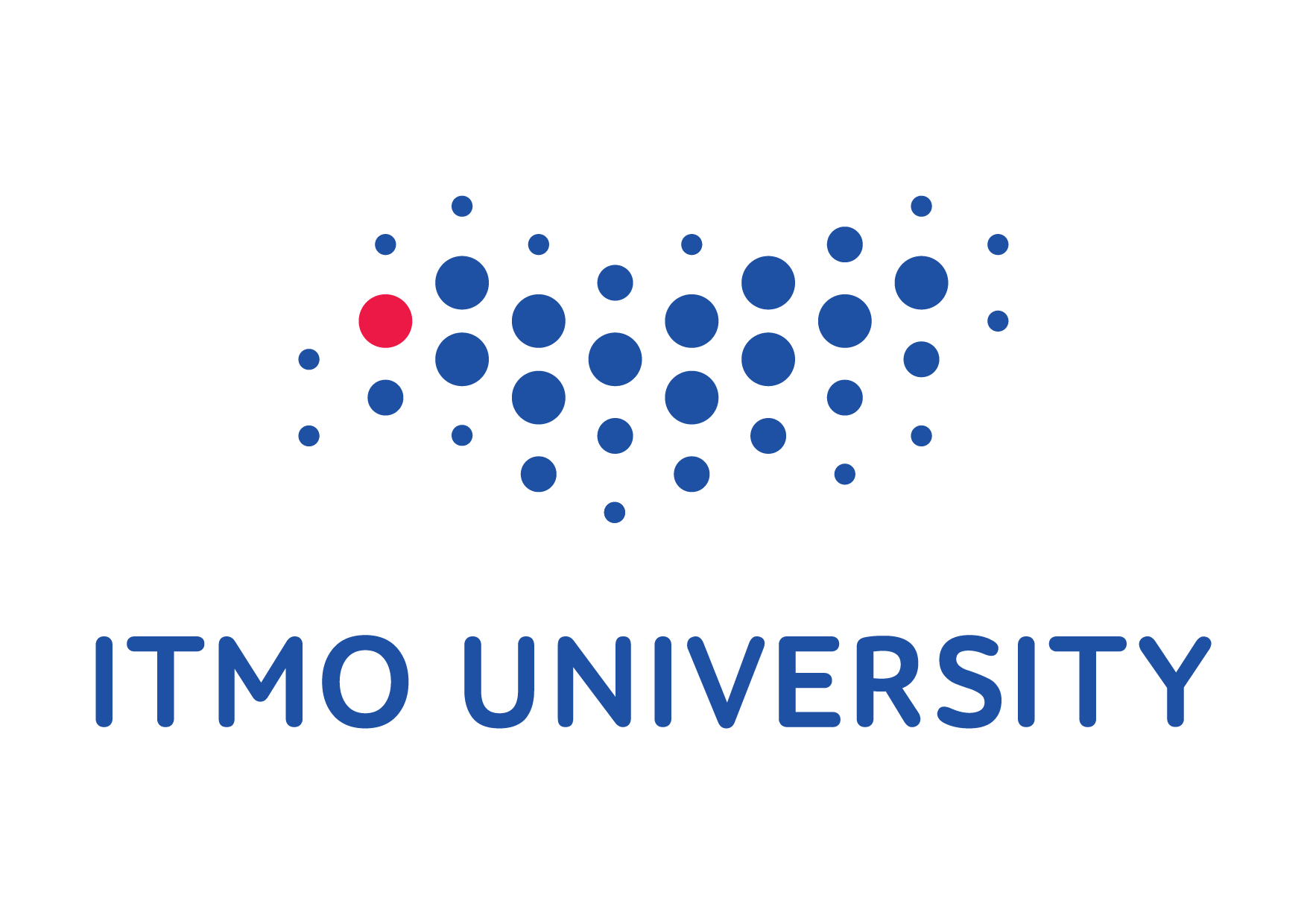ITMO: ITMO Highpark to Welcome Russia’s First Industrial Symbiosis Center
On June 5, ITMO Highpark JSC, the , and the signed an agreement on the pilot implementation of intelligent vertical urban farms at ITMO Highpark. The signing occurred as part of the St. Petersburg International Economic Forum (SPIEF). The project will be based on the principles of industrial symbiosis with subsequent recycling of organic waste. This green approach to farming will not only ensure economic growth, but also improve the region’s quality of life and its environmental state.
Specialists of the industrial symbiosis center will develop eco-friendly agrarian solutions that would organically fit into a modern metropolis. One such technology is the idea of vertical farming. It entails the use of novel technological and architectural solutions, namely vertical surfaces. This ecosystem will subsist on the recycling of waste from other facilities and farms. The result will be a zero-waste, energy self-sufficient cycle.
Andrey Nazarov, CEO of ITMO Highpark JSC:
“As per the agreement, the Foundation will provide its partners on the project with a wide range of connections in Russia and abroad, as well as consulting services, technologies, and specialists. The Cleantech Cluster has confirmed its members’ readiness to serve as contractors to help commercialize innovative, cutting-edge technologies in the field of industrial symbiosis, to provide methodological, consulting, and expert support as we implement the industrial symbiosis model, to form a list of innovative and cutting-edge technologies in the field of industrial symbiosis, and to establish a national digital platform for industrial symbiosis.”
The parties plan to develop and test intelligent systems for organic farming and industrial symbiosis. The pilot project will be a learning prototype that could be used to train new specialists who, in turn, will be able to apply the latest developments in practice in other regions, ensuring the economic growth of small and medium-sized businesses and the general competitive ability of the Russian economy.
The project will be implemented in several stages. First, it will be necessary to prepare the land lot on the ITMO Highpark premises; then, an industrial symbiosis center will be constructed along with a pilot urban farm for organic farming. The final stage will include the installation of a reactor that will convert organic waste into energy, heat, and compost for the urban farm.
Nikolai Pitirimov, a representative of the Cleantech Cluster:
“Industrial symbiosis uses the same principle as natural symbiosis, wherein two organisms partner up for mutual benefit. Industrial and natural logic are combined in industrial symbiosis to provide a range of benefits to all participants. The goal of this process is to bring together companies from different fields to turn one’s waste into another’s resource. For instance, excess energy or materials from one production can become useful resources for another.”
Maxim Balanev, executive director of the St. Petersburg Foundation for SME Development:
“This trilateral partnership that was signed today will open up new prospects for piloting and integration of the top technologies by small and medium-sized enterprises, with a view towards introducing complete solutions into the global market.
Daria Kozlova, ITMO University’s First Vice Rector:
“Exchange of knowledge in green technologies is the foundation of economic evolution. ITMO Highpark will be the frontier, the “eco-testing ground” for future widespread integration of the industrial symbiosis concept. It’s important to us that we duly take into account the parties’ opinions when implementing this project, as our experience will be a launch point for an altogether new stage of development for Russian metropolises.”

